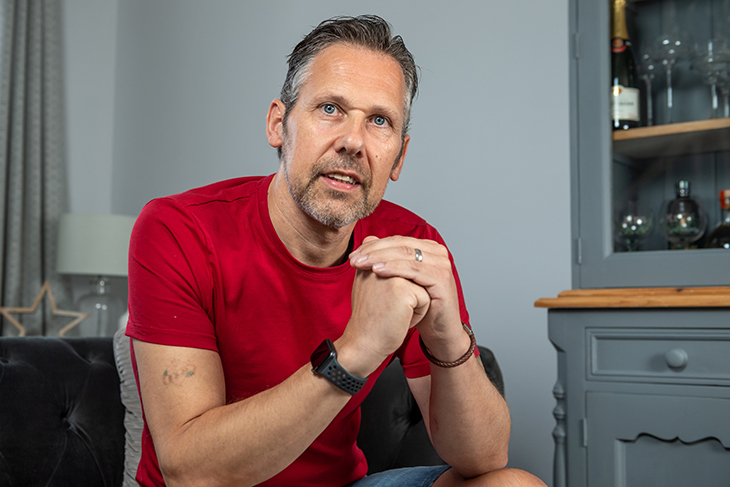
A life-changing event unfolded when an Apple smartwatch played a pivotal role in saving a man’s life by alerting him to an alarming irregularity in his heart rate. The narrative commenced in April when 54-year-old David Last received an Apple watch as a birthday gift from his wife, Sarah.
Upon using the smartwatch, David discovered that his resting heart rate was as low as 30 beats per minute (bpm), significantly below the typical range of 60-100bpm for adult males. Even for individuals with exceptional fitness levels, resting heart rates rarely drop into the 50s. Concerned by this revelation, Sarah encouraged David to seek medical attention, but he initially dismissed the possibility, attributing the readings to a potential flaw in the watch.
As time passed, the gravity of the situation became evident, prompting David to consult a cardiologist at Norfolk and Norwich University Hospital. Subsequent examinations, including an MRI scan in May and an ECG scan two months later, revealed a startling reality. David was living with a third-degree heart block, a condition that put him at risk of sudden cardiac death.
The urgency of the situation became apparent when David received five missed calls from the hospital, prompting him to return immediately. Following this alarming revelation, he underwent a life-saving surgery to implant a pacemaker, a device designed to maintain the rhythm of his heart. As a result, David expressed a sense of relief and newfound energy, grateful for the timely intervention facilitated by the Apple smartwatch and subsequent medical intervention.
“My wife keeps saying that she saved my life, and she’s not wrong,” David shared. “If she hadn’t had bought me my Apple watch for my birthday, I wouldn’t be here.”
“I will always be eternally grateful to her for it. Apart from charging it, it’s always staying on me now.”
“Sudden cardiac death” stems from genetic cardiomyopathies, a collection of inherited disorders with a 50/50 chance of transmission to offspring, leading to faulty genes and subsequent heart failure.
In the United Kingdom, approximately 12 sudden cardiac deaths occur daily among individuals under 35 years old.
David, sharing his unique experience, revealed that his pre-surgery consultation highlighted the unusual nature of his case. Medical professionals extensively deliberated on the intervention, clarifying that he suffered from a condition known as ‘heart block.’ In this scenario, the junction box in his heart had malfunctioned, hindering the transmission of electrical pulses.
During a 48-hour period, his heart ceased functioning 138 times in 10-second intervals, primarily during sleep. Subsequently, another part of his heart would initiate blood flow, only to repeat the process.
After the installation of a pacemaker, which detects abnormal rhythms, David’s heart now ensures synchronized pumping in both ventricles. Consequently, he has experienced significant improvement and resumed work.
Remarkably, amidst David’s medical procedures, he and his partner managed to tie the knot in between MRI and ECG scans. They even enjoyed a 10-day honeymoon in Italy during the same period—an occurrence that left hospital staff astonished.
“Sarah really looked after me,” David said. “She keeps saying how proud of herself she is—and she should be, she saved my life.”



